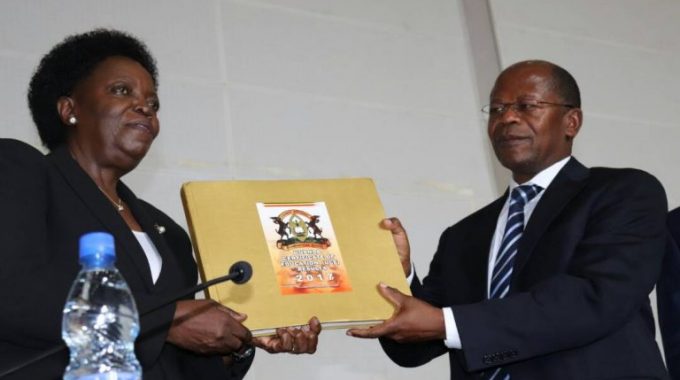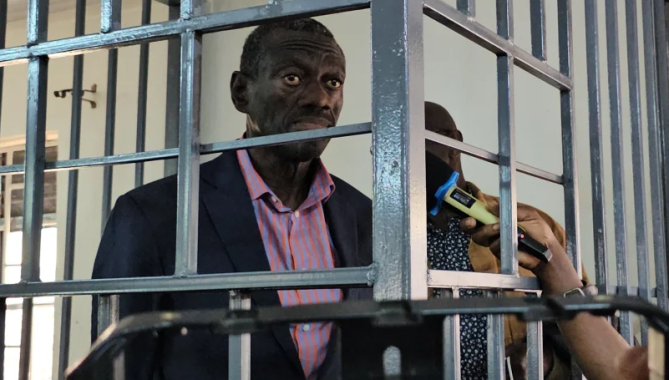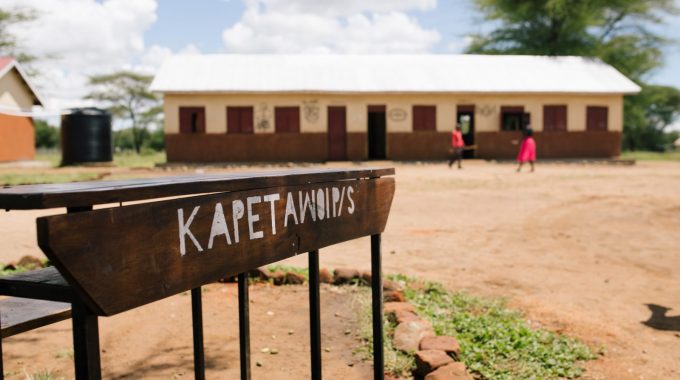
The Uganda National Examinations (UNEB) has revealed that it has created a Business Continuity and Disaster Recovery Plan to enable the examination board to carry it out its duties to learners ,even in instances of catastrophe,with the first off-site centre to be based in Jinja.
The revelation was made by the UNEB chairperson Professor Mary J.N Okwakol during the release of the 2018 Primary Leaving Examinations this morning.
Meanwhile, UNEB has also registered an increase in candidature of 3.9% in 2018 compared to only 0.8% in 2017. UNEB attributes this rise to a decision by Education minister Janet Museveni that schools stop subjecting pupils to pre-registration tests. These tests would be used to weed out a sizable percentage of learners that schools deemed would perform poorly.
The use of ICT methods of registration is also believed to have led to greater numbers of registered candidates. Schools can now register the candidates for the exams themselves are directly responsible and accountable for the process.
UNEB discourages schools that are still relying on third parties for the registration process because it cuts headteachers out of the quality assurance role. Headteachers are not able to detect when there are errors in the registration process like mixing up of candidates photographs or mistakes in spelling of the candidates names.
Pupils from schools like Bahrain Nursery and Primary School (Iganga district), Busenga Junior School and St. Peter’s Primary School Kibunga (Butambala district) discovered too late they had not been registered for the 2018 PLE.
A total of 671,923 candidates registered for last year’s exams from the 13, 072 centers across the country compared to 646,041 candidates from 12,751 centers in 2017.
This represents an increase of 25, 882 (3.9 per cent), according to the executive Secretary of Uganda National Examinations Board Dan Odongo.
476, 131 of the registered PLE 2018 candidates were from Universal Primary Education (UPE) Schools, while 195,792 were from private schools.

The results indicate that there was an improvement in performance from the previous ye4ar 2017, while males performed generally better than females.

Releasing the results, Daniel Odongo, the UNEB secretary General said that out of the 671,923 candidates who registered from 13,072 centers across the country, 599,593 candidates, representing 91.4% passed in division 1,2,3 and 4.
Meanwhile, 41,604 boys passed in division one, compared to 35,529 girls who scored grade one.
The exams body notes that examination malpractice remains a challenge , greatly threatening the quality of education in the country.
In Bundibugyo district, undercover security officers found teachers in 8 schools reading out answers to candidates and parents had been made to pay 50,000= each to facilitate the activity.













